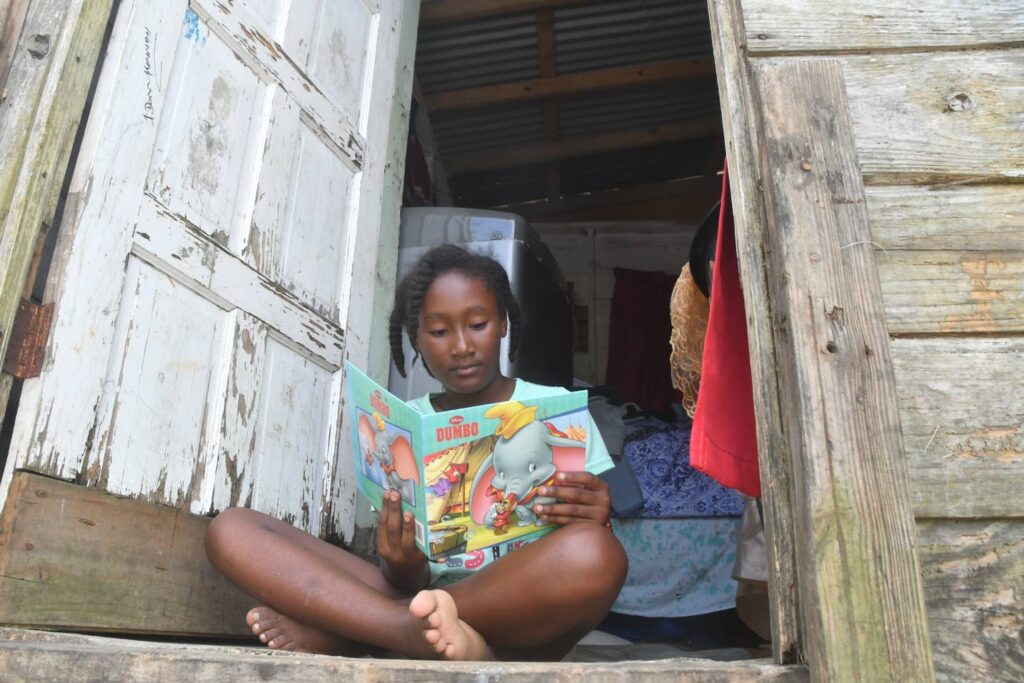Newly released statistical data for 2024-2025 has exposed the severe magnitude of gender-based violence plaguing El Salvador, with the Attorney General’s Office (FGR) documenting a staggering 18,949 cases targeting women. Among these reported incidents, sexual assault accounted for 8,938 cases, representing nearly half of all gender violence reports.
According to analyses by the Organization of Salvadoran Women for Peace (ORMUSA), these figures position El Salvador among nations with the highest rates of femicide in the Americas, with 82 gender-motivated killings recorded during this reporting period. The breakdown of violence types shows psychological abuse as the most prevalent form at 7,062 cases, followed by physical violence accounting for 2,339 incidents.
While the statistics indicate a slight reduction compared to previous reporting cycles, ORMUSA emphasizes that sexual violence remains the most persistent and widespread manifestation of gender-based aggression throughout the country. The organization’s comprehensive assessment concludes that sexual violence constitutes a deep-rooted, structural problem requiring immediate and coordinated intervention.
The findings underscore the critical need for enhanced commitment from state institutions and civil society to implement effective protective measures, strengthen legal frameworks, and transform societal attitudes toward gender-based violence. ORMUSA advocates for a multifaceted approach combining prevention, prosecution, and support systems to address this pervasive human rights challenge.









